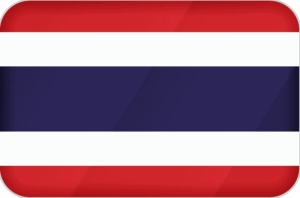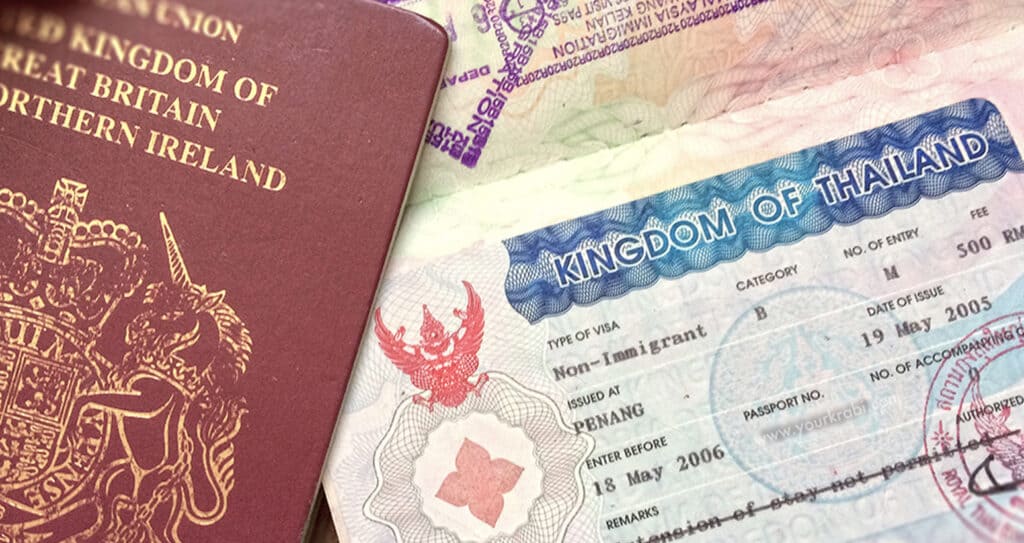Are you planning a holiday in Thailand? Before jetting off, make sure to read up on Thailand health advice. Vaccinations, food safety, sun safety and mosquito-borne diseases are all important considerations when travelling abroad. It is also essential to be aware of the medical care available should any issues arise during your stay. Being prepared with knowledge of Thailand health advice can help ensure that your trip runs smoothly and safely – so do your research before embarking on this exciting journey.
Vaccinations
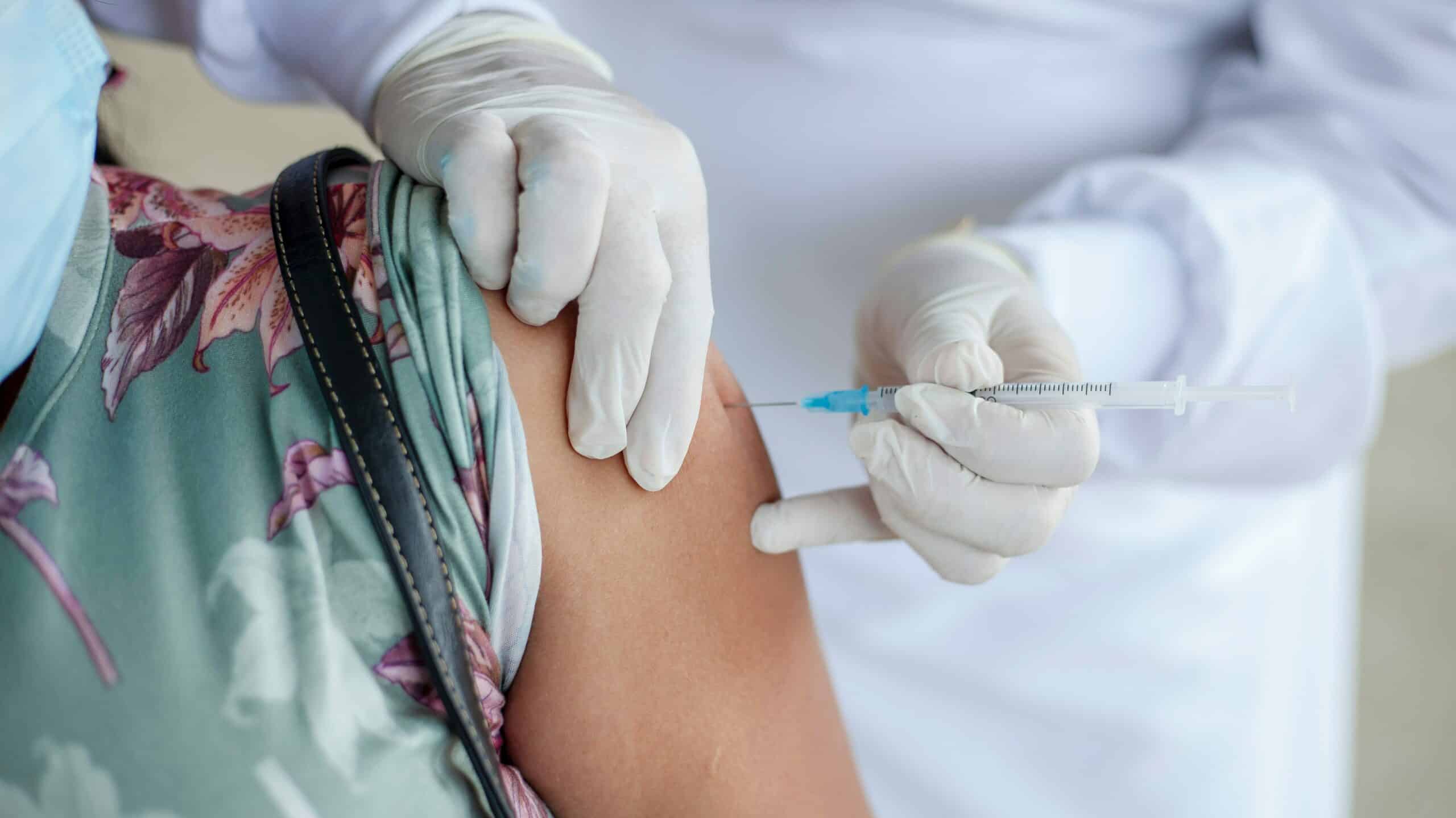
Vaccinations are an important part of preparing for a trip to Thailand. Depending on where you’re coming from, there may be certain vaccinations that are recommended or required before entering the country. It is best to consult with your doctor or healthcare provider at least 6-8 weeks prior to travel in order to make sure you have enough time to get all necessary vaccines and medications.
The World Health Organization (WHO) recommends travelers receive routine vaccinations such as measles-mumps-rubella (MMR), diphtheria-tetanus-pertussis, varicella (chickenpox), polio, and influenza shots. Additionally, depending on where you plan on visiting in Thailand, it is also recommended that travelers receive additional vaccines such as hepatitis A and B, typhoid fever, Japanese encephalitis virus vaccine and rabies vaccine if planning outdoor activities like hiking or camping.
These vaccinations can be obtained through your local health department or travel clinic; some may even be available through your primary care physician’s office. Costs will vary depending on which type of vaccination you need; however, most insurance plans cover routine immunizations so check with your provider first before paying out-of-pocket costs.
It is important to make sure you are up-to-date on all your vaccinations before traveling to Thailand. To ensure a safe and healthy trip, it is also essential to follow food safety guidelines while in the country.
Food Safety

When travelling to Thailand, it is important to be aware of food safety. Eating out can be a great way to experience the local culture and cuisine, but there are some precautions that should be taken in order to avoid getting sick.
Street Food:
Street food is widely available throughout Thailand and can often be very tasty. However, due to the lack of hygiene standards in street stalls, it is best avoided as it could potentially cause illness. It’s also worth noting that many dishes contain ingredients such as peanuts or shellfish which may not always be clearly labelled on menus so if you have any allergies then you should check with your server before ordering.
Drinking Water:
Tap water in Thailand is generally not safe for drinking unless boiled first or filtered using a special filter bottle designed for this purpose. Bottled water is readily available from supermarkets and convenience stores so it’s recommended that tourists only drink bottled water while they are visiting the country.
Food Hygiene:
When eating at restaurants or cafes make sure you choose one with good hygiene standards – look for signs indicating cleanliness such as staff wearing gloves when handling food or plates being covered by plastic wrap until served up at your table. Also try to avoid buffets where possible as these types of establishments tend not to have strict temperature controls over their food which could lead to contamination issues if left out too long between servings.
If you do decide to eat cooked foods like curries or stir-fries then make sure they are piping hot all the way through before consuming them. This will help reduce your risk of contracting an infection from bacteria present in undercooked meat products like chicken or pork, which may still contain harmful pathogens even after cooking them thoroughly on high heat temperatures for several minutes prior to serving time.
Finally, remember that alcohol consumption can impair judgement when choosing what types of foods are safe enough to consume; stick with reputable places and use common sense when selecting meals during your stay.
When it comes to food safety, always make sure to eat at establishments that have good hygiene standards and stick to well-cooked dishes. To ensure a safe and enjoyable holiday in Thailand, be sure to take the necessary precautions for sun safety as well.
Sun Safety

Sun safety is an important part of any holiday in Thailand. With its hot and humid climate, it’s easy to get sunburned or suffer from heat exhaustion if you don’t take the necessary precautions. To ensure a safe and enjoyable trip, here are some tips for staying safe in the sun:
Wear Sunscreen:
Apply sunscreen with SPF 30 or higher before going outside, even on cloudy days. Reapply every two hours or after swimming or sweating heavily. Don’t forget to apply sunscreen to your ears, nose, lips and other exposed areas of skin that can be easily forgotten about.
Cover Up:
Wear protective clothing such as wide-brimmed hats and sunglasses when outdoors during peak sunlight hours (10 am – 4 pm). Lightweight fabrics like cotton are best for keeping cool while still providing protection from the sun’s rays.
Stay Hydrated:
Drink plenty of water throughout the day to stay hydrated and avoid dehydration caused by excessive exposure to heat and humidity. Avoid sugary drinks like soda which can make you feel more dehydrated faster due to their high sugar content.
Take Breaks:
Take regular breaks in shady spots whenever possible so your body has time to cool down before heading back out into direct sunlight again. This will help prevent overheating which can lead to heat exhaustion or worse if left untreated for too long.
Be aware of your surroundings:
Pay attention to signs warning of dangerous conditions such as strong winds that could blow sand onto exposed skin causing irritation or UV levels that may be too high for unprotected skin without proper sunscreen coverage. If there is no shade available, then seek shelter indoors until conditions improve again outdoors later on in the day when temperatures have cooled off somewhat.
Remember to wear sunscreen and protective clothing when outdoors, and take other precautions to stay safe in the sun. Now let’s look at how to protect yourself from mosquito-borne diseases while visiting Thailand.
Mosquito-Borne Diseases
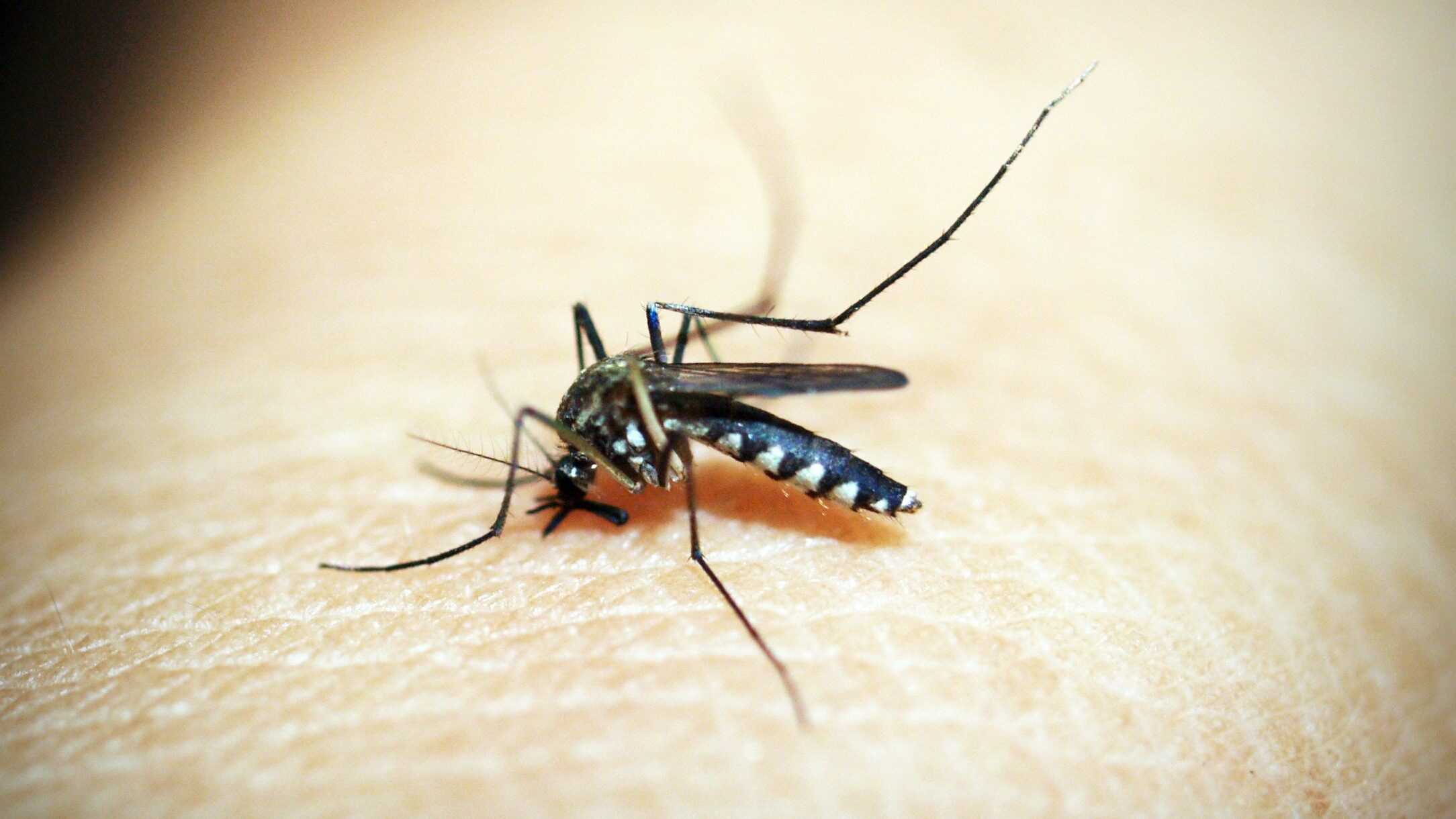
Mosquito-borne diseases are a real risk in Thailand, and it’s important for travelers to be aware of the dangers. Dengue fever is one of the most common mosquito-borne illnesses in Thailand, and it can cause severe flu-like symptoms such as fever, joint pain, headaches, nausea and vomiting. Malaria is also present in some parts of Thailand, although cases are rarer than dengue fever.
To reduce your risk of contracting a mosquito-borne illness while traveling in Thailand:
• Wear long sleeves and pants when outdoors during peak mosquito hours (dusk to dawn).
• Use insect repellent containing DEET or picaridin on exposed skin.
• Stay indoors at night if possible; use air conditioning or window/door screens if available.
• Sleep under a bed net treated with permethrin if you’re staying outside or camping overnight.
• Avoid areas where there may be standing water that could serve as breeding grounds for mosquitoes (such as rice paddies).
If you have any signs or symptoms suggestive of an infectious disease after returning from travel abroad, seek medical attention immediately so appropriate testing can be done to rule out any potential infections.
Taking the necessary precautions to protect yourself from mosquito-borne diseases is essential when travelling in Thailand. Now, let’s take a look at the medical care options available in the country.
Medical Care
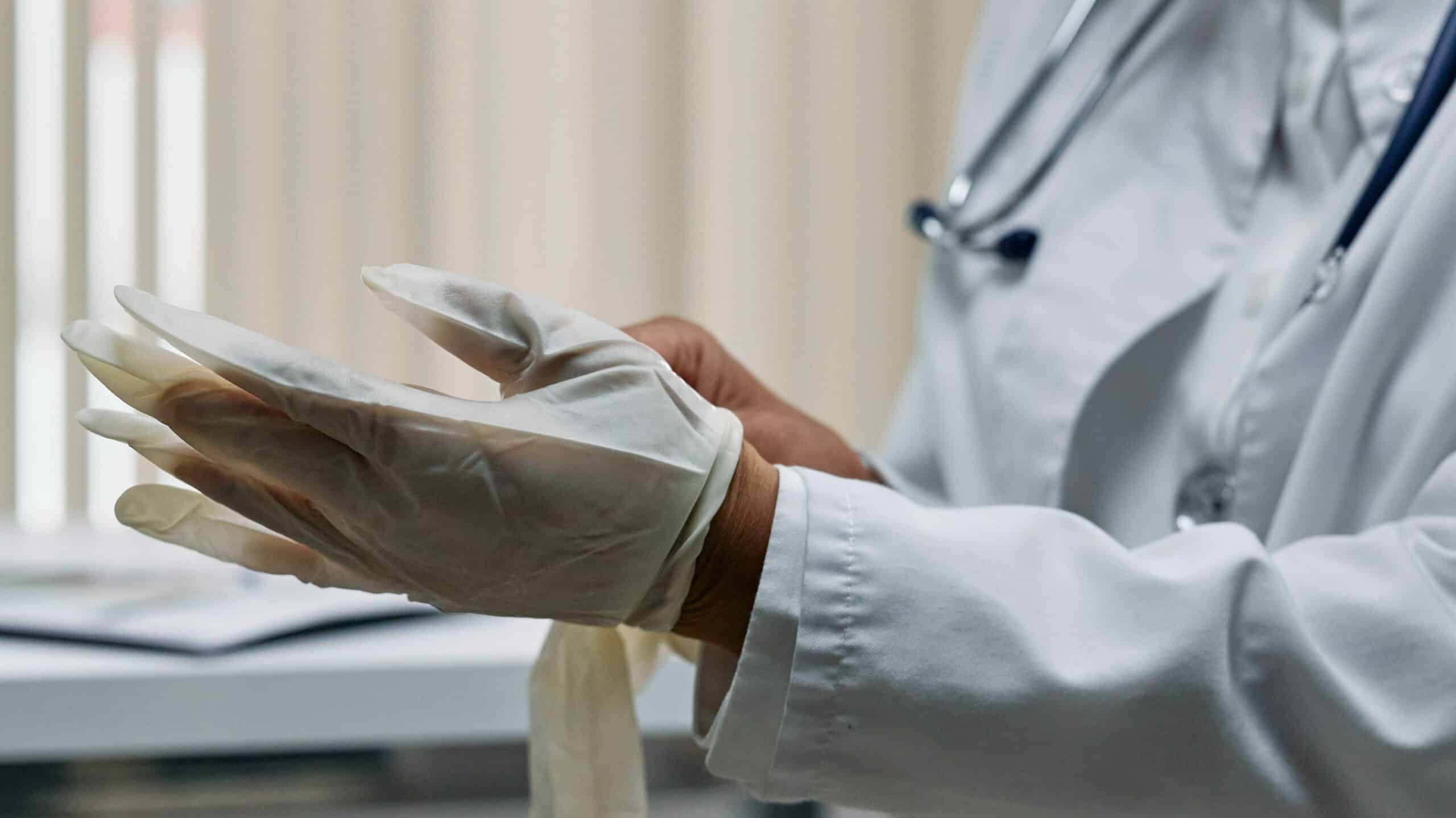
Medical care in Thailand is widely available and generally of a high standard. Public hospitals are well-equipped, with many offering services for both Thai citizens and foreign visitors. Private clinics provide more personalized service, while international hospitals offer the highest level of medical care available in the country.
Travel insurance should cover any medical expenses incurred while visiting Thailand. It’s important to check that your policy covers you for all activities you plan on undertaking during your stay, such as scuba diving or trekking in remote areas. If you require specialist treatment not available at public or private facilities, it may be necessary to seek out an international hospital where English-speaking staff are usually employed and accepted forms of payment include credit cards and cash payments from overseas accounts.
Public hospitals provide basic health services free of charge to Thai citizens but may also treat foreign patients who can pay a fee for their treatment; however, they do not accept insurance claims from abroad so if possible it’s best to visit a private clinic or international hospital instead. Private clinics typically have shorter waiting times than public hospitals but will often require payment upfront before providing any treatments; some may accept travel insurance claims though this should be checked beforehand as policies vary between providers.
International hospitals tend to be more expensive than other options but offer the most comprehensive range of medical services including emergency rooms, specialist doctors and diagnostic testing equipment such as MRI machines. These facilities are usually staffed by bilingual personnel who understand western standards of healthcare, making them ideal for those seeking quality care when travelling abroad.
FAQs in Relation to Thailand Health Advice
How can I avoid getting sick in Thailand?
To avoid getting sick in Thailand, it is important to take some basic precautions. First, make sure you drink only bottled or boiled water and avoid eating raw foods such as salads or fruits that have been washed with tap water. Secondly, ensure that any food you eat has been cooked thoroughly and served hot. Finally, practice good hygiene by washing your hands regularly with soap and water before meals and after using the restroom. Following these simple steps can help keep you healthy while traveling in Thailand.
What vaccines are needed to go to Thailand?
The Centers for Disease Control and Prevention (CDC) recommends that travelers to Thailand be up-to-date on routine vaccinations, such as measles/mumps/rubella (MMR), diphtheria/pertussis/tetanus (DPT), polio, and influenza. Depending on the traveler’s itinerary, additional vaccines may be recommended. These include hepatitis A and B, typhoid fever, Japanese encephalitis, rabies, cholera and meningococcal disease. It is important to consult a healthcare provider or visit a travel clinic at least 4–6 weeks before departure in order to receive any necessary immunizations.
Do I need a Japanese encephalitis vaccine for Thailand?
Yes, it is recommended that travelers to Thailand get vaccinated against Japanese encephalitis. The vaccine is available in most countries and can be administered by a healthcare provider prior to travel. It provides protection against the virus which is spread through mosquito bites and can cause serious neurological symptoms if contracted. Vaccination should be discussed with a doctor before traveling to ensure it’s right for you.
Conclusion
Overall, when it comes to health advice for Thailand, it is important to be aware of the potential risks and take necessary precautions. Vaccinations should be up-to-date, food safety must be taken seriously, sun protection is essential and mosquito-borne diseases should not be overlooked. If medical care is needed while in Thailand, there are many reliable healthcare providers available throughout the country. By following these Thailand health advice tips you can ensure a safe and enjoyable holiday in this beautiful country.
